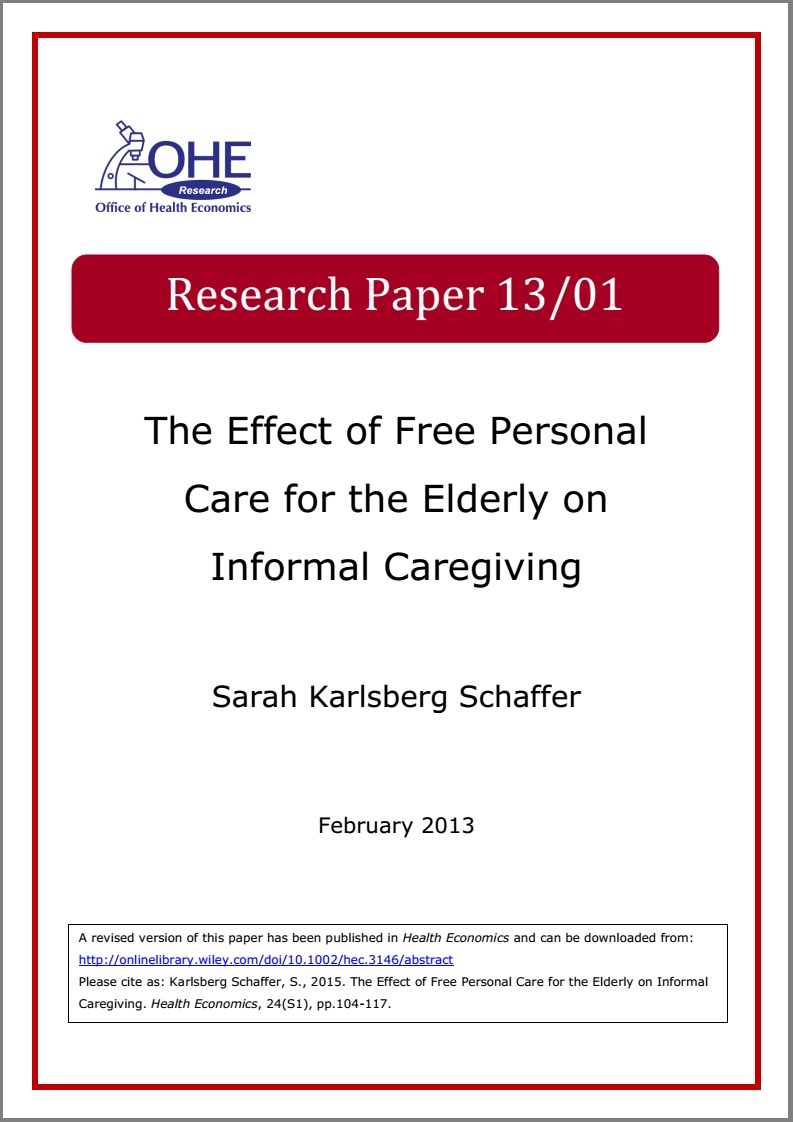Forecasters predict that the population of people aged 65+ in the UK will double by 2050, constituting a quarter of the total population. This will seriously…
Forecasters predict that the population of people aged 65+ in the UK will double by 2050, constituting a quarter of the total population. This will seriously challenge the NHS and the social care system. The ageing population is expensive: average NHS spending on…
Forecasters predict that the population of people aged 65+ in the UK will double by 2050, constituting a quarter of the total population. This will seriously challenge the NHS and the social care system. The ageing population is expensive: average NHS spending on 65+ households is nearly double that on households under 65 years of age. Formal care provided by the state, however, is not the only resource on which the elderly rely. England alone has nearly six million informal carers. Debates about whether to increase state assistance to the elderly have included concerns that this could reduce the amount of care from such personal care givers, producing a limited net benefit.
In this Research Paper, Sarah Karlsberg Schaffer undertakes a comprehensive analysis based on a “natural experiment”: the introduction of free personal care for the elderly that was implemented in Scotland in 2002, but not elsewhere in the UK. Under The Community Care and Health (Scotland) Act, people aged 65 and over are entitled to a flat rate payment of £145 per week and those who receive care in a nursing home receive an additional £65 per week. These funds are separate from living and housing costs and are intended specifically for personal care.
This study uses individual-level data from the British Household Panel Survey to estimate the effects of the introduction of this policy change on informal care behaviour. It finds that the introduction of the Scottish policy actually increased the probability of supplying informal care by three to five percentage points, suggesting that the two sources of care are complementary.
The Scottish policy is not without costs, however. Uptake of the payments has been high, the study notes, and costs have increased steadily. Whether the overall gains in care outweigh the costs is a topic for future research.
A revised version of this paper has been published in Health Economics and can be downloaded from: https://onlinelibrary.wiley.com/doi/10.1002/hec.3146/abstract
Please cite as: Karlsberg Schaffer, S. 2015. The effect of free personal care for the elderly on informal caregiving. Health Economics, 24(S1), pp.104-117.
